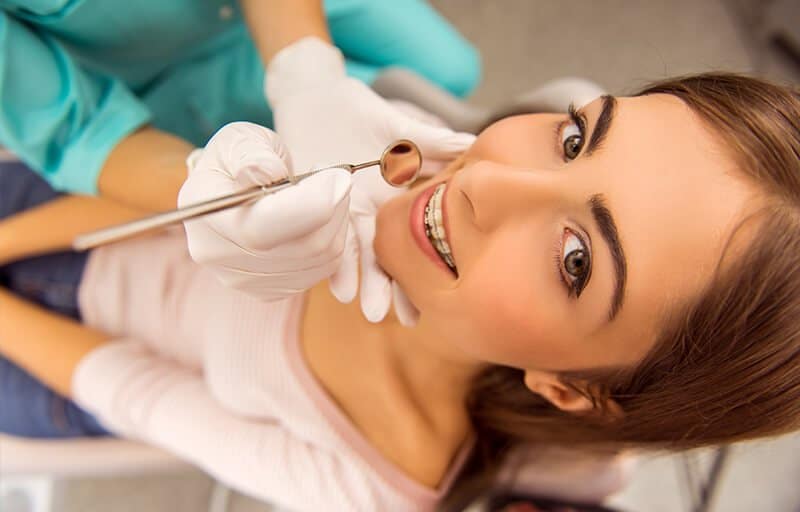Aside from brushing your teeth, what other types of home oral hygiene habits are great for your smile? You might already be practicing some of these, but here are some simple and effective tips to keep in mind.
-
Drinking Lots of Tap Water
Staying hydrated is important for a strong immune system, and nothing is more natural than water. Plus, water keeps your mouth moisturized, reducing the symptoms of dry mouth (a risk factor for tooth decay.)
But not just any water will do. When you’re thirsty, go for a refillable water bottle and your tap, not store-bought bottles. Why? Because your municipal water source will have regulated fluoride levels; bottled water usually doesn’t. The right level of fluoride will encourage healthy tooth development while reducing your risk of cavities.
As an added benefit, tap water is also a lot cheaper!
-
Using Essential Oils
Essential oils are gaining a lot of popularity, but they’ve been used in over the counter mouthwashes for decades (especially mint.) If you like, you can use a drop on your toothbrush to freshen your breath or massage your gums with. Or, add a few drops to a small cup of water to rinse with. Specific types of oils are known to significantly help with swollen gums, gingivitis, bleeding, and reduce the bacterial presence that causes these symptoms. Make sure you’re using an essential oil that has been prepared for topical use or ingestion. Pure essential oils typically need to be diluted before using on skin or in the mouth. Get advice from a healthcare professional, or check the product’s instructions and warnings very carefully.
-
Brushing Your Gums
Gums need attention too. A lot of hygienists and dentists think it’s just as — if not more — important to focus on your gums when you’re brushing.
You see, even a little plaque along the gumlines can cause an infection. As swelling occurs, so does bleeding and a breakdown of the connective tissues between your teeth and gums. Once too much time has lapsed, that disease process causes the bone to shrink away as well, causing teeth to become mobile and eventually fall out. When you have bleeding gums, it’s because your body is trying to tell you that something is wrong.
Don’t brush too hard! Use a soft bristled toothbrush and only apply a mild amount of pressure along the gumlines. If you’re too rough, it could cause irreversible gum recession.
-
Brushing Without Toothpaste
Ok, don’t give up your toothpaste altogether, but studies show that if you brush your teeth with a dry toothbrush first, you’ll actually clean your teeth better. The minty foam from your toothpaste has a tendency to make things feel and taste cleaner than they really are. Once you’ve brushed them to the point that they feel clean, go back and add a little toothpaste and water to the mix.
-
Getting Rid of Your Dental Floss
Admit it, you’re not flossing every day like you should be. The good thing is that you can keep your smile clean between your teeth and around your gums without using a floss or toothpick. The answer is a water flosser!
These portable or sink/shower mounted hygiene tools allow you to control the temperature and pressure of the water stream, for a comfortable clean each time. Just aim the tapered tip where you want the water to go, and let it do all of the work for you. Water flossers work so well, that some studies suggest they clean better than floss.
Even Great Oral Hygiene Doesn’t Omit the Need for Dental Visits
If you’re doing everything possible to keep your smile healthy, you still need to see your dentist twice a year. These preventive checks allow your dentist to evaluate areas that are hard to clean, like the deep grooves of your teeth and where back teeth are touching. If decay or disease is present, early diagnosis means it might be possible to reverse the infection before something like a filling or deep cleaning is necessary. Otherwise, the area can be treated before it has a chance to spread.
“But I Don’t Have Dental Coverage”
Unfortunately, the lack of dental insurance often makes it difficult for families to see a dentist on a routine basis. LowerMyDentalBills.com can help. Our dental savings plans are a convenient, affordable alternative to insurance for people that don’t have coverage through their employer. Depending on your plan, you can save anywhere between 10-60% on your next dental visit (specialists included.) Contact us today to find out how.


